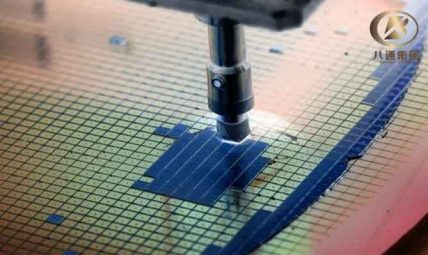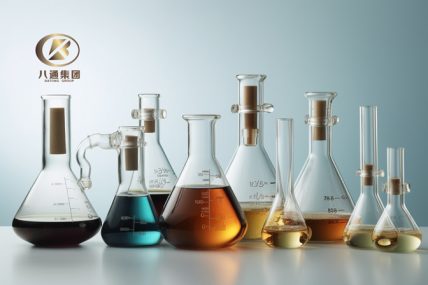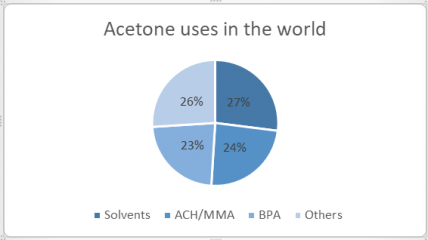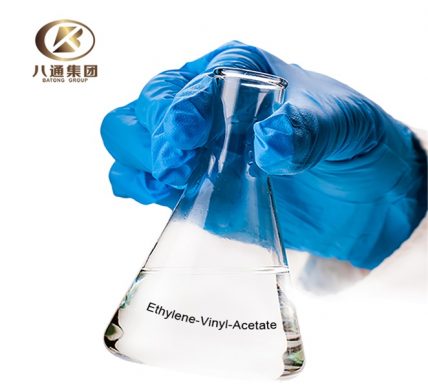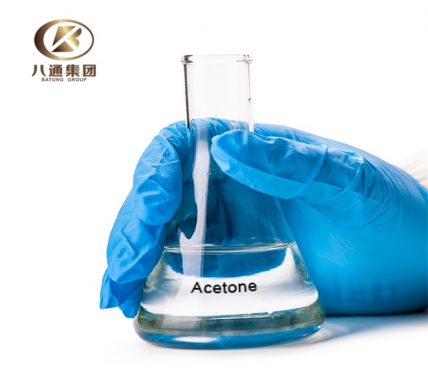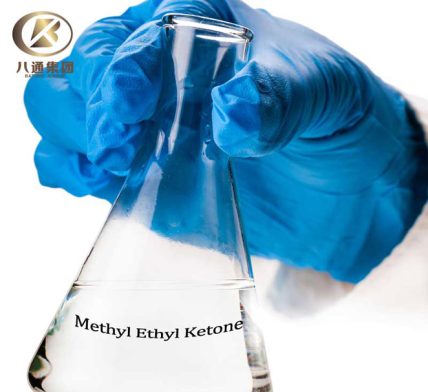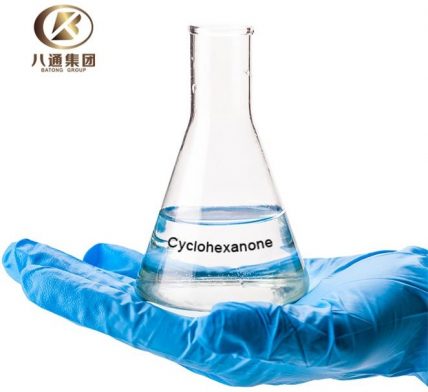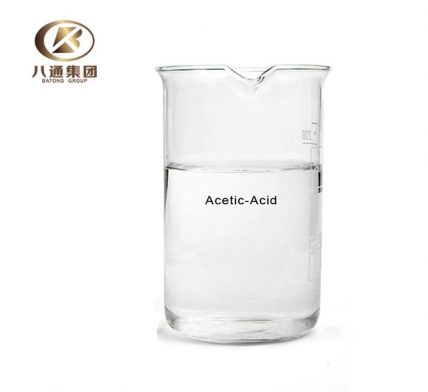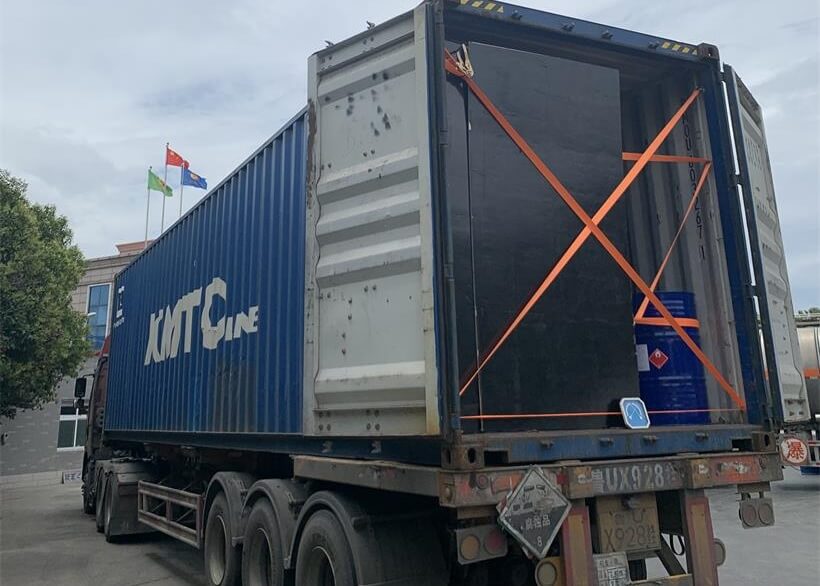Expandable Polystyrene, commonly known as EPS, is a versatile and widely used material in various industries. This lightweight material is created from styrene, a chemical compound.
Styrene is an organic compound that is derived from petroleum. It is commonly used in the manufacturing of plastics, rubber, and resins. In EPS production, styrene is polymerized and then expanded into small beads. These beads are further processed to form the expanded polystyrene foam that we are familiar with.
EPS has become popular due to its unique properties. It is lightweight, yet rigid and durable, making it an excellent choice for packaging materials, insulation, and building construction. It provides thermal and sound insulation, preventing energy loss and reducing noise pollution.
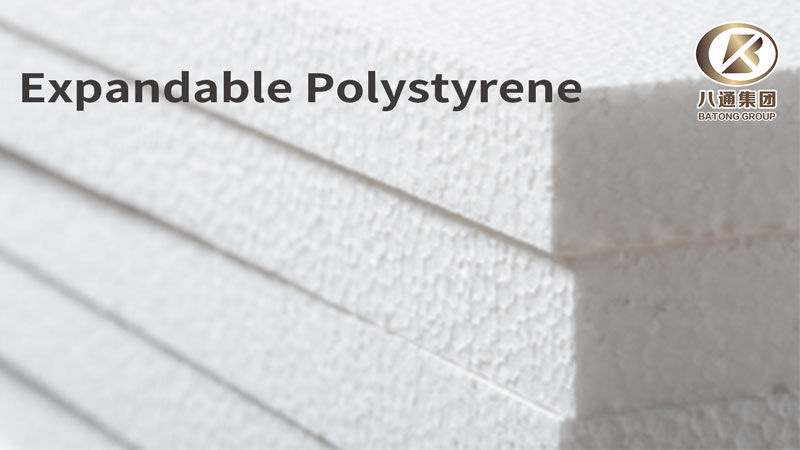
Articles that incorporate styrene can be found in everyday items such as disposable cups, food packaging, and even car parts. Its versatility and affordability make it a preferred choice for manufacturers across various industries.
However, like any chemical compound, there have been concerns about the potential health and environmental impacts of styrene. Research is ongoing to better understand the effects and ensure safety in its usage.
In conclusion, expandable polystyrene is a widely used material derived from the organic compound styrene. It offers versatility, durability, and affordability, making it a preferred choice for various industries.


